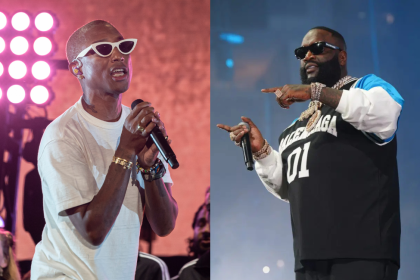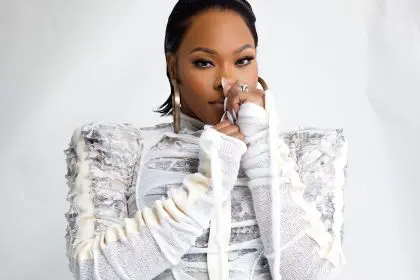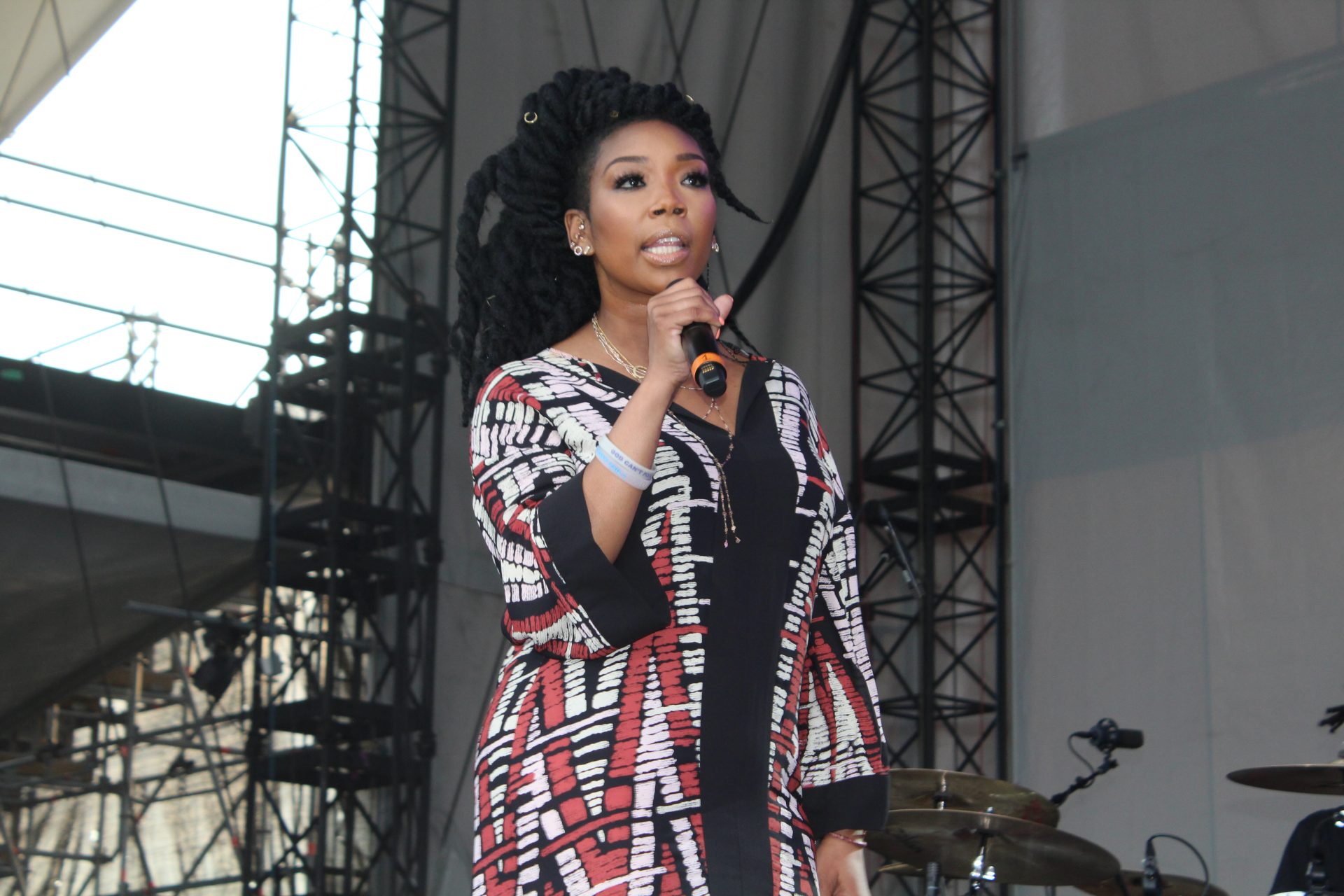This week, Web footage surfaced of an angry father beating his young daughters with an extension cord after discovering them making “twerk” videos for the Internet. On social media sites, the man was praised for his approach — lest these young women think it’s OK to dance suggestively and publish it for the world to see. One question that I found myself asking was “If he had discovered his sons watching a twerk video — would he have reacted with the same rage?”
We raise our sons to believe that a man’s enjoyment of a woman’s sexuality is perfectly fine and condonable. He’s just being a man. But we punish our daughters because a woman displaying her sexuality for a man’s enjoyment is shameful and disgusting. This ridiculous double standard is at the core of many of our young men and boys’ attitudes about women. It’s fine for little Billy to grow up to frequent booty clubs; it’s a tragedy if little Suzie grows up to work at one.
To be clear, I’m not at all advocating for little girls to shake their butts on YouTube, but if we aren’t also demanding that our sons be men of high moral character, doesn’t that reinforce the kind of male-entitled cruelty that led high school football players to film the rape of a drunk “party girl” they found unconscious? I think so.
This is the mentality that feminists and anyone that seeks to address rape culture are up against. The devaluing of womanhood, the patriarchy of the Madonna/whore complex and the way our society encourages young men to treat women who don’t live up to some imaginary standard of virtue like objects that can be abused and dismissed.
I also could care less about the redemption of Rick Ross. Whether he “learns his lesson” is meaningless. What matters is whether or not hip-hop artists, hip-hop labels and radio, as well as hip-hop fans wake up to the realities of rape culture and decide to draw a line.
So while this writer hopes that Rick Ross loses his Reebok sponsorships, the bulk of his airplay and the influence and respect of his peers for advocating rape in his music; I also hope that the members of hip-hop’s older generation take this regrettable moment to address the music overall. Forget generational, regional and aesthetic biases and let’s talk about what must change in hip-hop music and American culture going forward.
That’s real, hip-hop.













